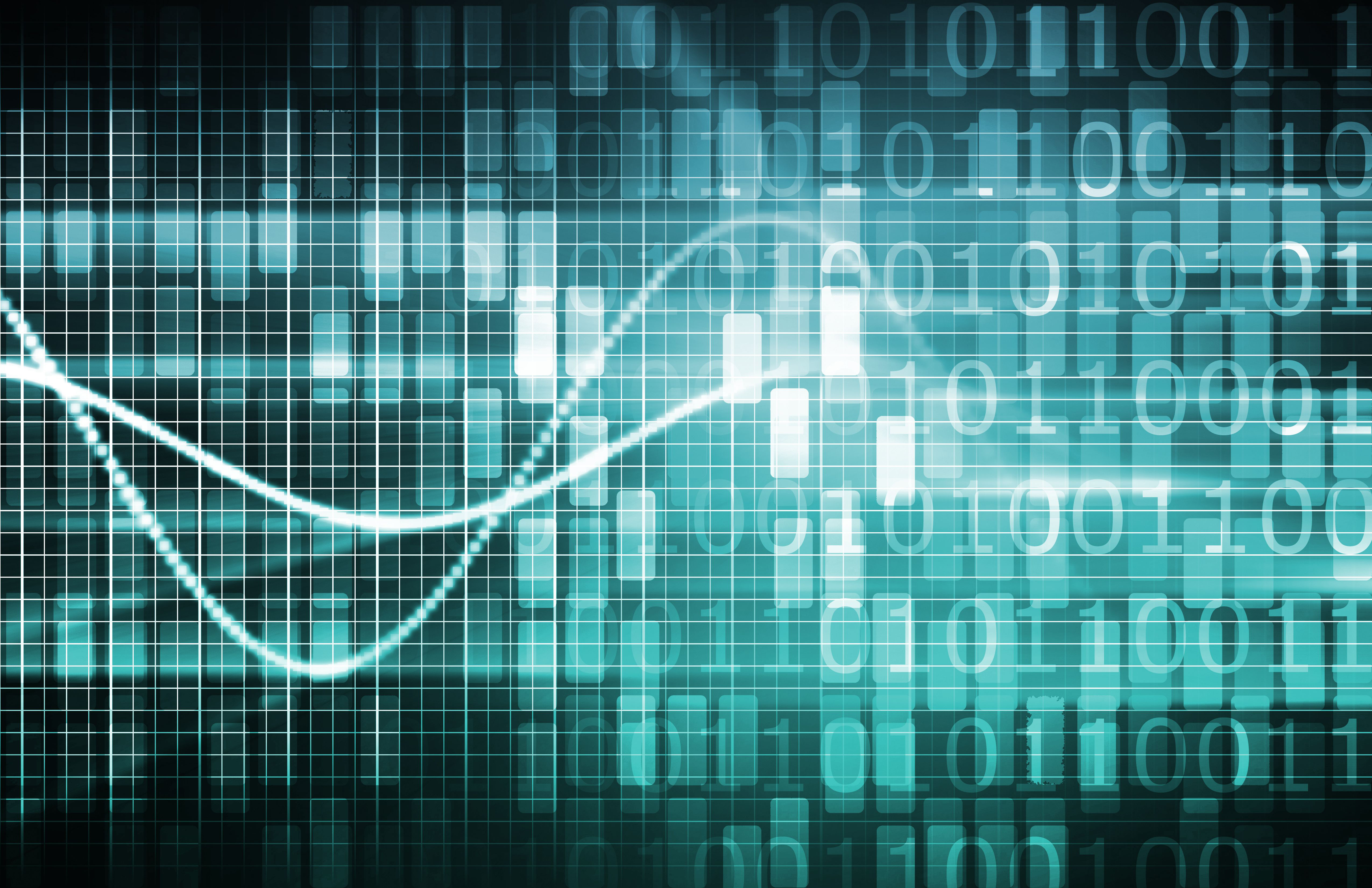Their influence on our lives is subtle, and pervasive. They are at the root of computer science and they create many of the everyday miracles that have changed our lives lately, such as the GPS system that gives you directions, or the code compilations behind internet marketing, social media innovations and computerized customer service.
Algorithms also assist government in making public policy decisions on our behalf. For example, in criminal courts, algorithms are used when a DNA sample is contaminated, as in a mix of several people’s biomatter. Suddenly, complex math programs are critical in the process of deciding guilt or innocence. After a person is convicted, algorithms help officials decide on the likelihood of recidivism and help direct the range of choices between maximum security prison and releasing a prisoner into the community. As such, they are very important to the lawyers, courts, journalists and scholars engaged in finding what’s actually true.







